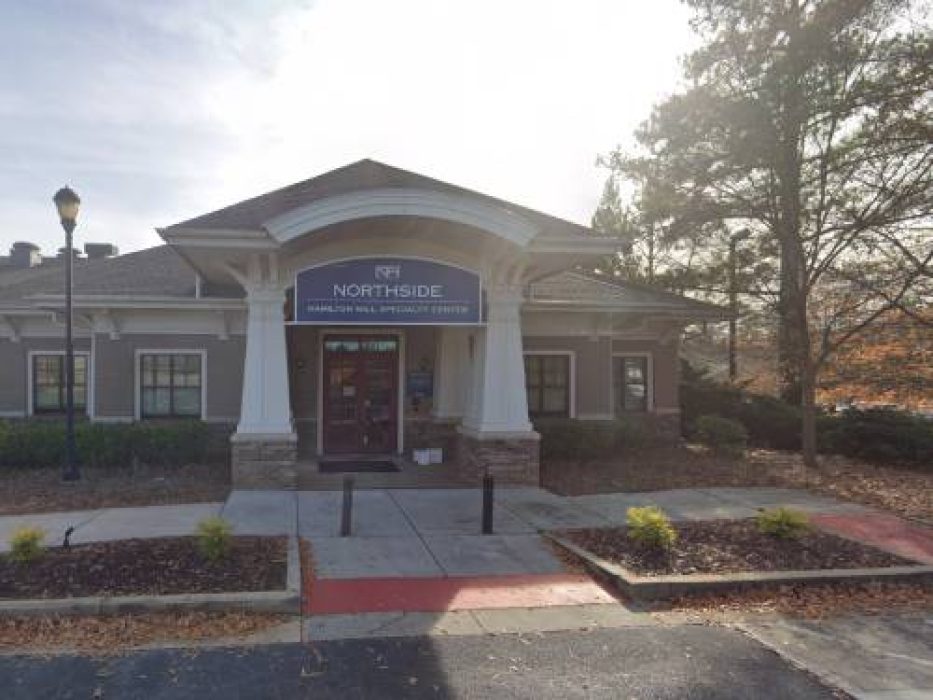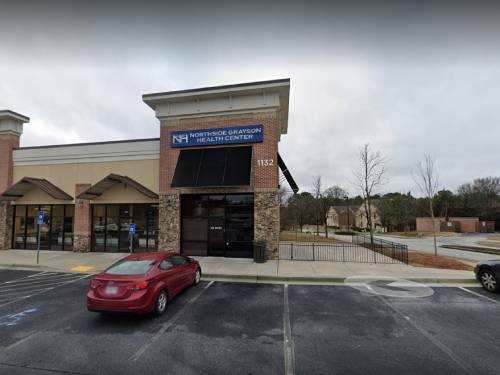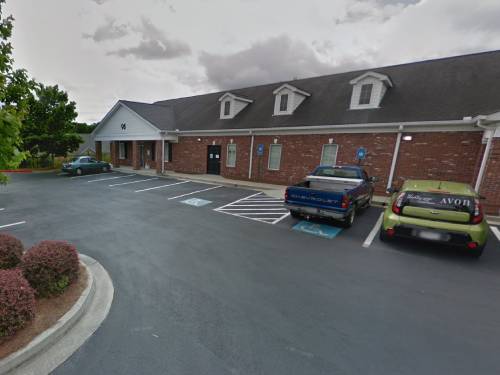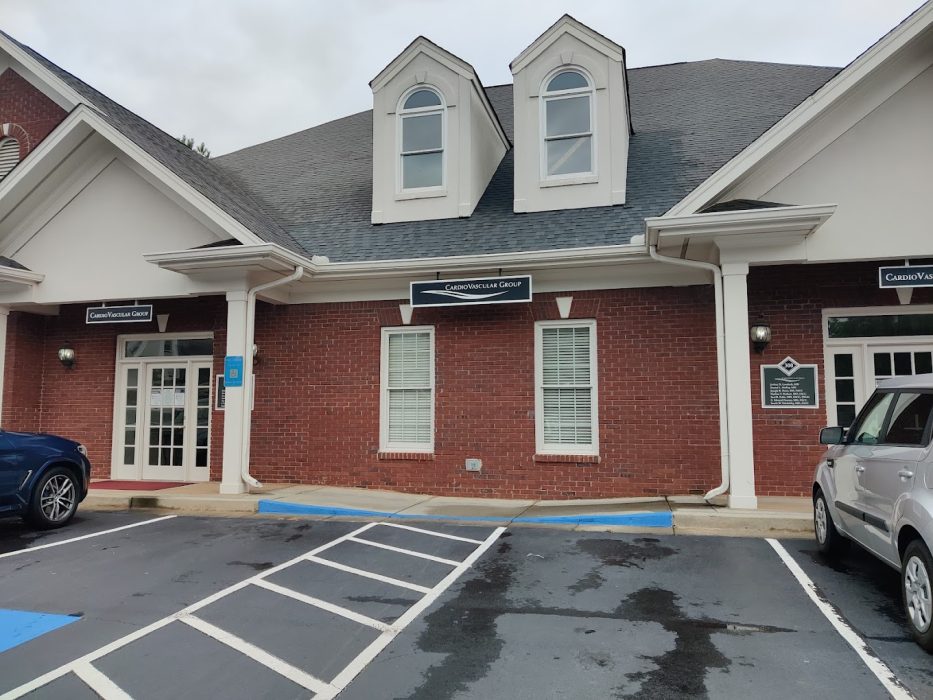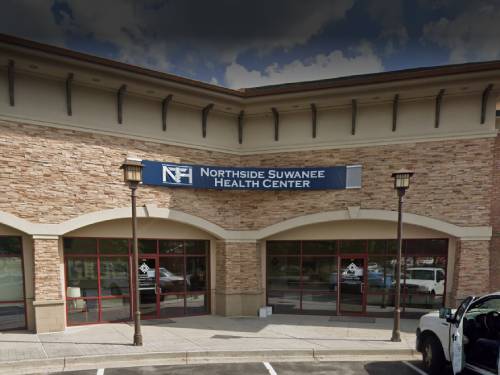Stroke
Lorem ipsum dolor sit amet, consectetur adipiscing elit.

Causes And Prevention Of Stroke
A stroke occurs when blood flow to part of the brain is interrupted, depriving brain cells of oxygen. Its like a sort of heart attack in the brain. This can happen due to a blood clot (ischemic stroke) or a ruptured blood vessel (hemorrhagic stroke). Symptoms often appear suddenly, including weakness on one side of the body, difficulty speaking, vision problems, or a severe headache.
While immediate treatment is crucial, stroke care extends beyond the initial event. Many survivors face ongoing challenges and may be at risk for future strokes. This is where our cardiologists play a vital role in long-term care and prevention.
CVG cardiologists work to identify and manage underlying heart conditions that might have contributed to the stroke or could increase future risk. These may include atrial fibrillation, high blood pressure, or other cardiovascular issues. They provide comprehensive care by:
- Assessing overall cardiovascular health
- Recommending and monitoring lifestyle changes
- Adjusting medications as needed
- Guiding management and treatment of related conditions
- Coordinating with other specialists involved in stroke recovery
This holistic approach aims to support recovery, prevent complications, and reduce the risk of future strokes. Our team understands that each patient’s journey is unique and tailors care plans to individual needs and circumstances.
Please read on for more information about stroke causes and treatments. We encourage anyone who has experienced a stroke or who is concerned about their stroke risk to schedule a visit with our cardiologists. Even if you haven’t had a stroke, understanding your cardiovascular health and taking preventive measures can make a significant difference. Our team is committed to supporting you in maintaining your heart health and overall well-being.
Causes And Prevention Of Stroke
Types Of Stroke
An ischemic stroke is the most common form of stroke, and it occurs when blood clots or other debris an artery leading to the brain. This prevents the brain tissue from receiving the oxygen and other nutrients it requires to function.
A hemorrhagic stroke occurs when a ruptured artery begins to leak blood into the brain which puts excessive pressure onto the brain cells, causing the cells to become damaged.
A transient ischemic attack (TIA or “ministroke”) similar to a stroke, the blood supply is interrupted long enough to result in injury but the blood supply resumes quickly enough that the brain tissue is bruised but not killed. While TIAs do not , lead to any lasting damage, they are concerning as they indicate another event, perhaps more permanent may be coming.
Risk Factors For Stroke
Causes Of Stroke
For an ischemic stroke, it is caused by the narrowing or blockage of the blood vessels in the brain which leads to severely reduced blood flow. Blocked or narrowed arteries are caused by fatty deposits, also known as plaque, that build up in blood vessels. They can also be caused by blood clots or other debris that has traveled from other areas of the body and reached the blood vessels in the brain.
A hemorrhagic stroke can be caused by many different factors that may lead to a ruptured artery. These include untreated high blood pressure, overuse of blood thinners, physical trauma such as a car accident, and protein deposits in blood vessel walls that weaken the walls. It may also be caused by an ischemic stroke that leads to hemorrhaging or a bulge at the weak spots in your blood vessel walls, known as aneurysms, rupturing the arterial walls.
A TIA or ministroke is caused by a temporary decrease in blood supply to the brain, which may last as little as five minutes. Similarly to an ischemic stroke, this occurs when a blood clot or other debris blocks blood flow to your brain or nervous system, although in this case, it is only partially blocked. Having a TIA increases your chances of suffering from a regular stroke.
Testing For Stroke
Treatment For Stroke
Strokes are always treated by neurologists and neurosurgeons.
Cardiologists help not with the acute treatment but with identifying the underlying cause. If you think you are having astroke time to treatment is CRITICAL. Going to an office or urgent care only delays appropriate therapy. The ER via 911 is the appropriate course of action. Emergency treatment for your stroke depends on whether your stroke is ischemic or hemorrhagic. For an ischemic stroke, doctors must work quickly to restore blood flow to your brain. They can accomplish this through emergency IV medication, carotid endarterectomy, an angioplasty, or endovascular procedures such as delivering medication directly to your brain through a catheter or removing the clot with .retrival device. The sooner blood flow is restored, the less permanent damage is done.
For a hemorrhagic stroke, you may be medication to lower the pressure in your brain. Your doctor may also have to conduct other treatments such as surgery, surgical clipping, coiling, surgical AVM removal, and stereotactic radiosurgery.
The most important part of treatment for your stroke is that it is conducted in a timely manner to reduce the risk of permanent debilitating effects.
Symptoms Of Stroke
When experiencing a stroke, it’s important to note the exact time your symptoms began, as certain treatment options are most effective when given as soon as possible after the stroke begins. Signs and symptoms of stroke include headaches, trouble walking, and problems seeing in one or both eyes, such as blurred or blackened vision or seeing double.
You may also experience paralysis or numbness in your face, arms, or legs which often affects only one side of the body. To test this, try and raise both arms over your head simultaneously; if one arm begins to fall, you may be experiencing a stroke. You may also notice that one side of your face droops when you try to smile. If you believe you or a loved one are suffering from a stroke, call 911 immediately.
Complications Of Stroke
Depending on how long your brain was cut off from oxygen and blood supply, you may suffer from temporary or permanent disabilities. These complications include pain, difficulty talking or swallowing, emotional issues, memory loss or reduction of cognitive abilities, paralysis or loss of muscle movement, and changes in your behavior and self-care ability.
Prevention Of Stroke
The methods of prevention for stroke are similar to prevention for heart disease. They include a variety of lifestyle recommendations such as managing your blood pressure and cholesterol, maintaining a healthy weight, managing diabetes, eating a healthy diet, receiving treatment for sleep apnea, and avoiding alcohol, illegal drugs, and tobacco.
If you’ve experienced a TIA or ischemic stroke, your doctor may also recommend that you take prescribed medications to reduce your risk of another stroke. These medications include anti-platelet drugs, which may prevent blood clots from forming, and anticoagulants, which reduce blood clotting.
Why Choose CVG?
Related Conditions:
- Causes And Treatment For Heart Arrhythmia
- Causes And Treatment Of Pulmonary Stenosis
- Expert Insights on Cardiac Catheterization
- Expert Insights on Low Blood Pressure
- Exploring the Latest Advances in Atrial Fibrillation Treatment
- Dangerously high cholesterol?
- Get Your Blood Pressure Test Today!
- Understanding Electrical Cardioversion
- What Are ACE Inhibitors Used For?
- What foods are high in cholesterol?
- What Heart Flutters Can Mean
- What is Heart Failure & How to Treat it?
- What Is The Success Rate Of The Watchman Procedure?
Top Conditions:
- How long can someone live with an enlarged heart?
- Pros and Cons of the Watchman Device
- Risks and Complications of Cardiac Catheterization
- Side Effects Of The Watchman Device
- The Benefits of Cardiac Catheterization
- The Dangers Of High Blood Pressure
- The Dangers Of High Cholesterol
- The Watchman Implant Procedure
- Tips To Lower High Cholesterol
- Understanding Cardiac Catheterization
Call to Schedule an Appointment
Board-certified Doctors
CVG’s twenty board-certified heart doctors will guide you through your healthcare journey with the utmost compassion and individual attention. We aim to provide you with state-of-the-art cardiac care that includes the full spectrum of services, from testing to diagnosis and treatment. The doctor/patient relationship is built on trust. Through our combined efforts, we can conquer any challenge that comes our way.
Invasive therapies may also treat an abnormal heart rhythm, such as electrical cardioversion, which sends electrical impulses through your chest wall and allows normal heart rhythm to restart, or catheter ablation that disconnects the abnormal rhythm’s pathway. Suppose your doctor determines that electrical devices are the best course of action. In that case, you may be given a permanent pacemaker, an implantable cardioverter-defibrillator (ICD), or biventricular (B-V) pacemakers and defibrillators.
How CVG Can Help
CVG offers multiple services that can discover an enlarged heart or conditions that will lead to it. At CVG, we perform stress tests that will observe blood flow and test for various forms of heart disease. There are three types of stress tests that we perform:
- A treadmill test is a test in which you will walk on a treadmill that gets faster and steeper every 3 minutes. This will stress your heart so that our nurse or doctor can determine your heart rate and blood pressure.
- An echo test is performed before and after your treadmill test to determine how well your heart pumps blood.
- A nuclear stress test is a treadmill test that is prefaced by an injection of medicine that shows the flow of blood to your heart.
We also offer cardiac catheterization to diagnose and treat several heart issues. If any of these tests determine a problem, we offer treatment solutions such as atrial fibrillation testing and catheter ablation. Learn more about our services here, or schedule an appointment to talk to our doctors.
Schedule Your Appointment with a CVG Atlanta Area Cardiologist
Expertise, experience, and compassion are the pillars of CVG’s patient-centered cardiac care. Please schedule your appointment with CVG today. Call (770) 962-0399 or 678-582-8586. You may also request an appointment online. If you have an emergency, don’t contact us online; please call 911.
Locations That Treat Enlarged Heart




